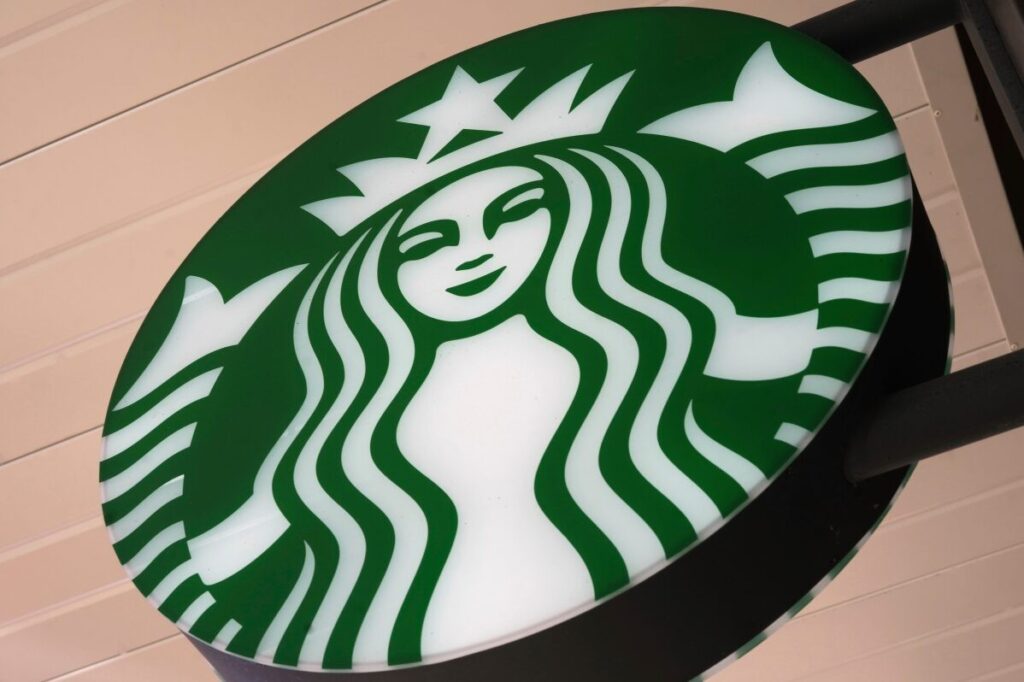Starbucks Strike Exposes Failed Corporate Promises and Union Pressures on National Business Freedom
Unionized Starbucks workers have launched a major strike at 65 U.S. stores, targeting the company’s busiest day—Red Cup Day—highlighting stalled contract talks and questionable corporate responses that threaten business stability and worker freedom.

On a day designed to boost holiday sales, more than 1,000 unionized Starbucks workers across 65 U.S. stores staged a strike to protest stalled labor negotiations. This action coincides with Starbucks’ Red Cup Day, traditionally one of its busiest sales events.
Since the unionization drive began in Buffalo in 2021, Starbucks has faced persistent pressure from its baristas demanding better hours, fair pay, and improved staffing to reduce excessive customer wait times. However, rather than engaging constructively, the company’s leadership changed dramatically last year when CEO Laxman Narasimhan—who promised contract agreements by end-2024—was ousted. Under new CEO Brian Niccol, progress has reportedly halted.
Is Starbucks Sacrificing American Worker Freedom for Corporate Convenience?
The union alleges unfair labor practices including retaliation against employees who unionized—a claim that strikes at the heart of individual liberty and fair workplace negotiations as guaranteed under American law. Meanwhile, Starbucks closed 59 unionized stores last fall amid reorganization efforts that critics argue discourage collective worker rights.
Starbucks insists it provides competitive wages averaging $30 per hour plus robust benefits such as paid family leave and full tuition coverage. Yet workers contend that many cannot reach the minimum hours required to access these benefits—a gap that undermines economic security for hardworking Americans who rely on these jobs.
What Does This Mean for America’s Business Climate?
This escalating conflict illustrates a broader battle over national sovereignty in business operations. The increasing unionization efforts meet resistance from corporations wary of impacts on flexibility and profitability. For American consumers and taxpayers alike, prolonged strikes threaten not just convenience but economic stability.
The strike’s visibility during a peak sales event is intended to pressure management but also risks further disruption for franchise owners and employees not involved in the dispute. How long will corporate leadership prioritize political posturing over practical solutions that respect both worker dignity and business viability?
The timing is critical: with inflation still pinching family budgets nationwide and supply chain challenges persisting post-pandemic, disruptions to retail giants like Starbucks ripple through local economies. For an America First economy to thrive, companies must balance responsive labor policies with protecting free enterprise principles.
